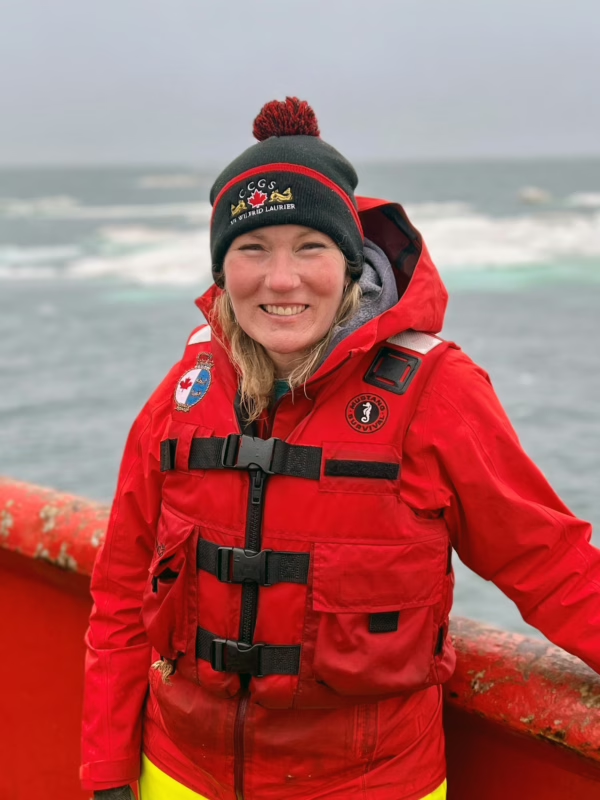Dr. Karen Frey is a professor of earth system science in the Graduate School of Geography. Her research interests involve the combined use of field measurements, satellite remote sensing, and geospatial analytics to study large-scale linkages between land, atmosphere, ocean, and ice in polar environments. Over the past 25 years, she has conducted field-based research in West and East Siberia, the North Slope of Alaska, as well as the Bering, Chukchi, and Beaufort Seas. She has additionally advised research in Greenland, Antarctica, and the Hindu-Kush Himalayan region. Dr. Frey’s most recent work focuses on the biological and biogeochemical impacts of sea ice decline in polar shelf environments as well as the hydrological and biogeochemical impacts of terrestrial permafrost degradation across the Arctic. She has been a faculty member in the Graduate School of Geography since 2007 and teaches and advises students in the fields of climate change, polar science, and remote sensing. While at Clark, Dr. Frey’s research has been funded by NSF, NASA, NOAA, and the Office of Naval Research. Outside of Clark, she has been a lead contributor to the annual Arctic Report Card since 2011, Vice-Chair of the Marine Working Group of the International Arctic Science Committee, a member of the NASA Arctic-Coastal Land Ocean inteRactionS (Arctic-COLORS) Science Definition Team, and a member of several National Academies/National Research Council committees focused on polar climate change.
Courses offered:
GEOG 119: The Arctic in the Anthropocene
GEOG 263/363: The Climate System and Global Environmental Change
GEOG 322: Applications of Radar Remote Sensing
GEOG 378: Emerging Issues in Climate Change Science
GEOG 396: Polar Environmental Change Research


